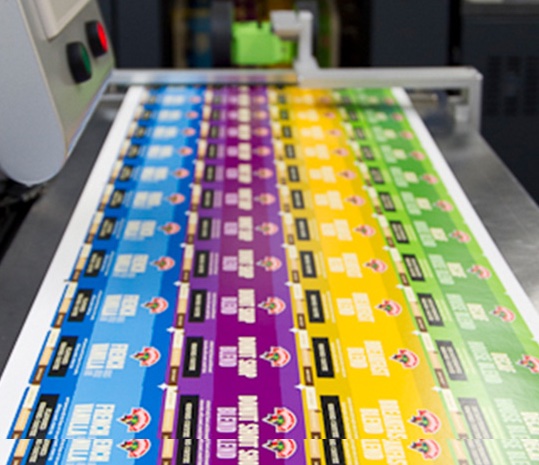Understanding the Evolution of Casino Entertainment
Casino gaming has transformed dramatically over the decades, evolving from exclusive luxury venues to accessible forms of entertainment. From the opulent halls of Las Vegas to the rise of digital platforms, the industry continues to innovate while maintaining its allure. Whether you prefer traditional table games or modern slot machines, the diversity of casino games ensures there’s something for every player.
Top Casino Destinations Across America
The United States is home to world-renowned resort casinos, particularly in Nevada, New Jersey, and Atlantic City. These destinations combine luxury accommodations with high-stakes gambling, offering immersive experiences that cater to both casual players and high rollers. Beyond these iconic locations, emerging markets like Mississippi and Michigan are reshaping the landscape of American casino culture.
Popular Casino Games and Their Appeal
From poker to roulette, casino games vary widely in complexity and strategy. Slot machines remain a favorite due to their simplicity and potential for large payouts, while table games like blackjack attract those seeking skill-based challenges. For those exploring digital options, platforms like clickcasino provide access to a vast array of virtual games with real-money stakes.
Online Casino Trends in the Modern Era
The rise of online casino platforms has revolutionized accessibility, allowing players to gamble from anywhere. Mobile compatibility, live dealer interactions, and enhanced security measures have made online gambling more appealing than ever. Additionally, many sites offer generous casino bonuses to attract new users and retain existing ones, creating a competitive market for operators.
Legal Framework Governing US Casinos
US gambling laws vary significantly by state, with federal regulations primarily focusing on preventing illegal activities like money laundering. While Nevada and New Jersey have long-standing legal frameworks for brick-and-mortar casinos, states like Colorado and Pennsylvania have recently legalized online gambling, reflecting shifting public attitudes and economic opportunities.
Responsible Gambling Practices
Ensuring a safe gaming environment is critical. Players should set limits on time and money spent, recognize signs of addiction, and utilize self-exclusion tools offered by casinos. Responsible gambling initiatives are increasingly promoted by both land-based and online casino operators to protect vulnerable individuals.
How to Choose the Best Casino for You
Selecting the right casino depends on personal preferences, whether you prioritize luxury, variety of casino games, or convenience. Resort casinos are ideal for those seeking a full vacation experience, while online casino platforms suit players who value flexibility. Always verify a venue’s reputation and compliance with US gambling laws before engaging in any activity.
Casino Bonuses and Promotional Offers
Casino bonuses are a staple of the industry, designed to enhance player engagement. Welcome bonuses, free spins, and loyalty rewards are commonly offered by both physical and digital casinos. However, it’s essential to review terms and conditions to understand wagering requirements and restrictions.
The Role of Technology in Casino Innovation
Advancements in technology have driven innovations such as AI-driven customer service, blockchain-based transactions, and VR-enhanced gaming experiences. These developments not only improve efficiency but also address concerns about transparency and fairness in casino operations.
Frequently Asked Questions About Casino Gaming
- Are US gambling laws the same across all states? No—each state regulates gambling independently, leading to diverse legal landscapes.
- Can I play casino games online legally? Yes, in states where online gambling is permitted, such as New Jersey and Michigan.
- What types of casino bonuses are available? Common offers include deposit matches, no-deposit bonuses, and cashback rewards.
Emerging Trends in Casino Entertainment
The future of casinos includes hybrid models blending physical and digital experiences. Virtual reality slots, augmented reality poker tables, and interactive storytelling are redefining player engagement. Meanwhile, sustainability initiatives are gaining traction, with eco-friendly resort casinos becoming a priority for environmentally conscious investors.
The Future of Casino Regulations in the US
As online gambling expands, regulators face challenges balancing innovation with consumer protection. Potential changes to US gambling laws may include stricter advertising rules, enhanced anti-fraud measures, and standardized licensing processes to ensure consistency across states.
Casino Etiquette and Cultural Considerations
Understanding casino etiquette is crucial for a positive experience. Dress codes, tipping norms, and respect for other players are often emphasized in resort casinos. Online platforms typically have less formal expectations but still require adherence to community guidelines and fair play principles.
Comparing Land-Based vs. Online Casino Experiences
Land-based casinos offer social interaction and sensory immersion, while online casino platforms provide convenience and a broader selection of games. Both formats have unique advantages, and the choice ultimately depends on individual preferences and lifestyle factors.
Security and Fairness in Casino Operations
Reputable casinos prioritize security through encryption technologies and regular audits by independent agencies. Random Number Generators (RNGs) ensure fairness in casino games, while regulatory bodies monitor compliance with US gambling laws to maintain trust among players.

